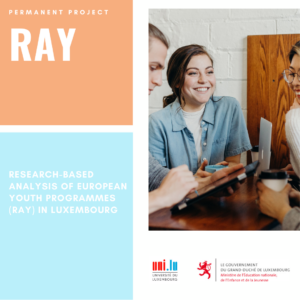The present study explores how different dimensions of social inequality affect the individual learning outcomes of young people who participated in Erasmus+ Youth in Action projects, focusing on the development of skills for lifelong learning, particular related to participation in society and democratic life, intercultural interaction, learning and personal development. The respective learning outcomes were analysed with respect to educational inequality, employment inequality, inequality related to participation in civil society and democratic life, inequality resulting from migration or belonging to a minority, and inequality related to mobility, using objective and subjective indicators for these different dimensions of inequality.
The results of the study indicate that young people who are exposed to one or more of these inequalities show, in general, slightly higher learning outcomes resulting from their participa tion in projects funded by Erasmus+ Youth in Action than their peers. This could be explained by young people suffering from these inequalities are experiencing situations which are new for them and are, therefore, more touched by them; they might be more eager to make best use of these experiences in order to catch up with their peers – and might be the more active learners. This seems to be true especially for young people who experience obstacles to mobility or had never been abroad before their participation in the E+/YiA project.



